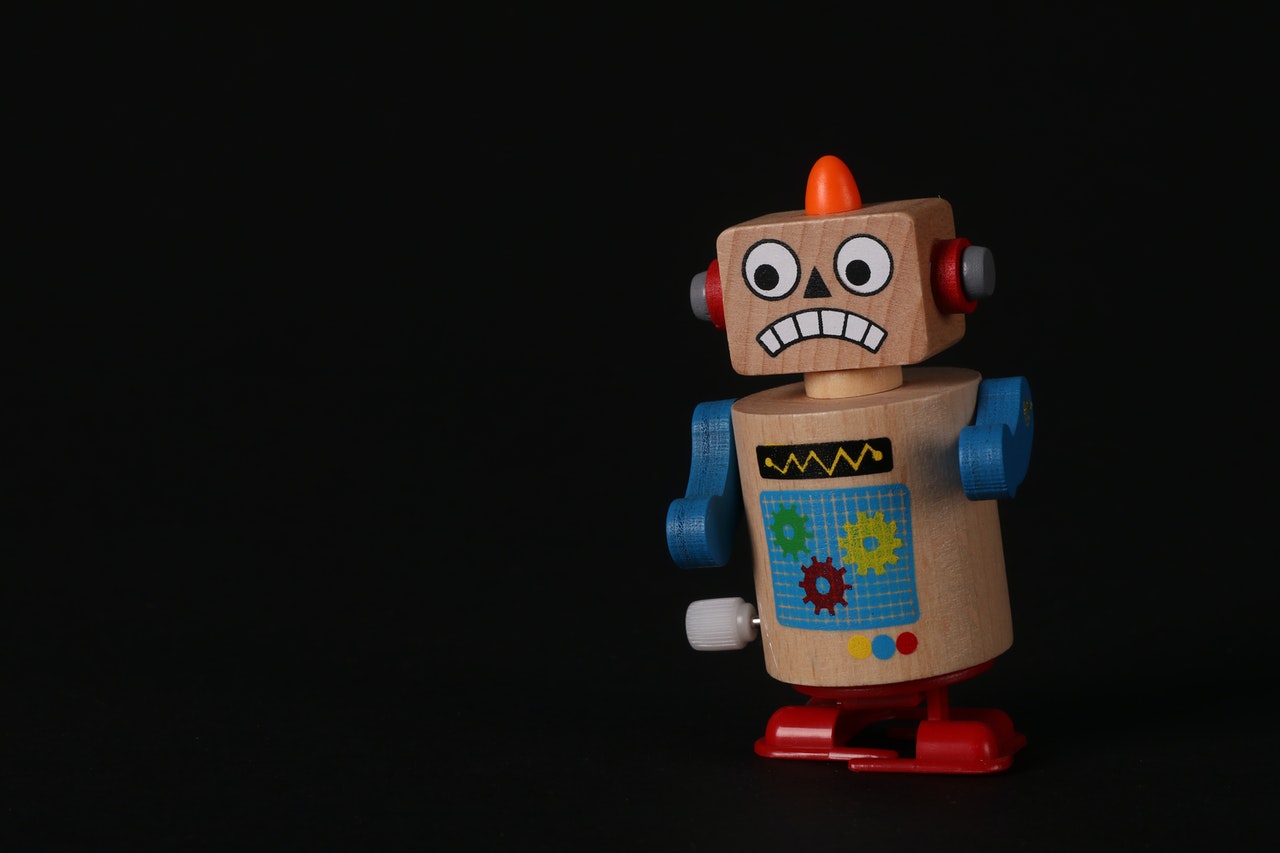Retronyms have always intrigued me: those new formulations for long-used terms that arise because of some advance, usually related to technology. My beautiful old wristwatches are now "analog watches" because so many of you sport digital watches. A war used to be a war, but then the Cold War came along; now, when people shoot at each other, we call that a "hot war." (A friend who consults with the military recently used the euphemism, "sending kinetic energy downrange," which I love but somehow doubt will replace "hot war.") A century ago, cars just had transmissions; now, those that require the driver to change gears are "manual transmissions." And so on.
I'm now starting to see a lot of uses of a sort of retronym that I never expected: "human."
The actual retronym is "human employee," which is increasingly being used to distinguish those of us with flesh and blood from the artificial intelligences that are being employed in business settings. But the term almost always gets shortened to "human," which makes the implication even starker: We're at an interesting spot in our deployment of AI, maybe even at a tipping point.
I'm hearing the distinction between human and AI "employees" primarily among friends and former colleagues at the big consulting firms, which tend to lead the way on language in business. They don't always get the shifts right -- I'm waging a battle against "decisioning" and "solutioning" at the moment -- but I suspect the increasing need to specify when someone is talking about a human employee suggests that we're at the beginning of a great acceleration in the use of non-human ones.
For years now, I've described the likely employee of the future as a "centaur," part human and part machine (as opposed to the half-human, half-horse of mythology). I suspect that the recent need to distinguish between human and computer employees suggests that we're getting there.
The shift should help address two big issues in insurance: operational efficiency and the talent gap. The efficiency gains are obvious and are already reflected in all the interest in robotic process automation, chatbots and other forms of AI.
The effect on the talent gap should be no less significant. While people have worried for years about all the talented people set to retire soon, and about who will replace them, AI will solve much of that problem -- not by flat-out replacing those retiring but by augmenting the skills of others and helping them cover for those leaving the industry. AI will also help with recruiting talent. Think about how different the pitch to a standout recent college graduate will sound: Instead of promising to make the person an expert in sorting through the fine print of an insurance contract or in using actuarial tables, you can hold out the prospect of making her an expert in using AI.
For now, the new way of thinking will likely stay incremental. We'll still have the traditional processes for underwriting, claims, etc. We'll just increasingly have AIs slotted into the process to do some of all of a traditional task, perhaps gathering and then exchanging information with all the relevant parties. The processes will become centaurs even before the individual jobs do.
In time, processes will be reinvented in ways that move past the traditional roles, so we won't think in terms of having an AI or a centaur slotted in where a human employee is doing the work today. There will still be a blend of human and AI input, but the flow of work will be very different.
Rest assured that the humans will still hold all the key decision-making (no, not decisioning) roles, so we won't have to bow to any robot overlords any time soon.
In the meantime, we can sort through the potential need that the pandemic has created for other retronyms. A meeting used to be a meeting, but now we have Zoom meetings. If you and I sit down a few feet from each other and have coffee after we're all vaccinated, does that become an "offline" meeting, an "in-person" meeting, a "face-to-face" meeting, or what -- noting that Zoom meetings could be described as "in-person" and even "face-to-face" if we have the video on?
I'd appreciate your help solving (no, not solutioning) such questions.
Stay safe.
Paul
The industry needs to stop wishing others could see the critical role we can play in preparing for climate change and just start playing that role.
Are Solutions in Tune With Today’s Needs?
Developing products around new customer priorities, and reaching new demographics in need, are key to keeping the industry relevant.
‘An AI Walks Into an Electronics Store…’
Customers may prefer interacting with a smart-bot--no judging, no fatigue, no bad days. There is empathy in any process that respects our time.
Digitally Challenged Miss Opportunities
Cloud-based AI can compare thousands of variables in a few hours, enhancing pricing, risk assessments and customer acquisition.
To Post or Not to Post? Choose Wisely
Here are six tips on how agencies should use social media, to join important conversations while protecting against reputation damage.
Leaders Rise From a Year Like No Other
In the first six months of 2020, e-commerce in North America as a percentage of overall commerce increased more than in the entire previous decade.



